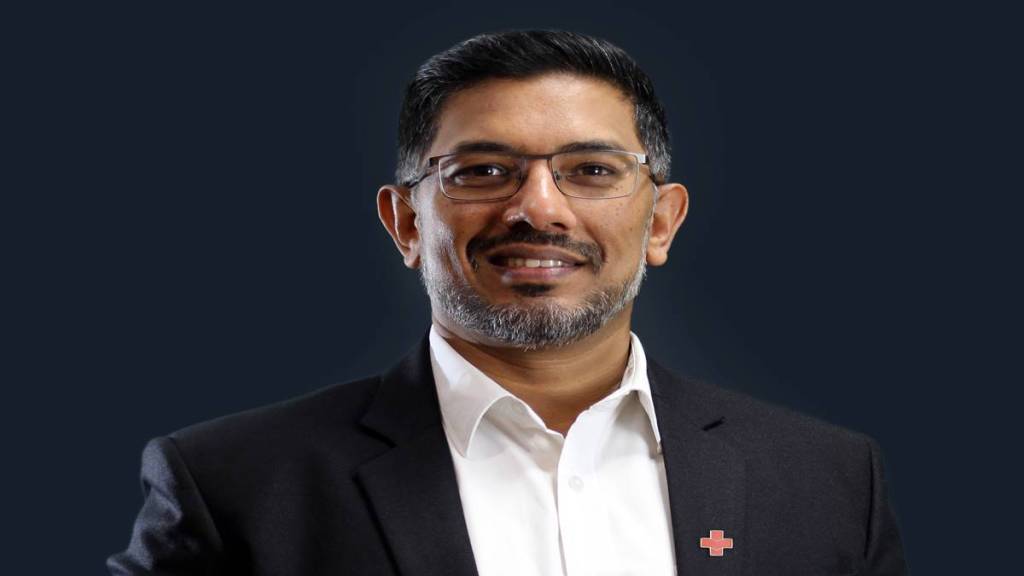By Gerald Jaideep
Rapid transformation and large scale tech adoption in the healthcare sector have necessitated building a workforce that is patient-centric, relevant and future-ready. This sector is undergoing massive changes for improving efficiency and outcomes. Surmounting challenges, the focus has now pivoted towards narrowing the gaps to make care delivery advanced, cost-efficient and accessible. Future challenges like an ageing population and unknown health scares also demand for a workforce which is highly skilled, efficient and ever-ready.
Equipping skills for efficient utilisation of new-age technologies
Ever since the pandemic hit, the healthcare sector which was traditionally slow to change, quickly embraced technology and digitalised itself to cater to the immediate needs and avert risks of future. Rise of artificial intelligence, robotics, data analytics, IoT, among others made it possible to take care delivery to remote, inaccessible corners of the country. The technologies are constantly evolving and are continuously introducing the latest developments in healthcare. To efficiently handle the entire mechanism, the upskilling of the doctors and other medical professionals is imperative to keep up the pace with the demand and emerging treatment modalities. Going forward, care delivery is most likely to be dependent on digital skills, data science, and genomics and thus, knowing the technical nuances for smooth functioning is crucial. This will further help in increasing the efficiency of the healthcare system to provide services to a greater number of patients where resources are limited.
Readying for the roles of future
The roles in healthcare will be totally different from what they are today. Personalisation will take the centre stage and medical professionals will be required to follow an individualistic approach in handling patients from different backgrounds and needs. They will have to keep themselves updated with best global practices, advancements in medicines, diagnostics, treatment and patient care with the help of effective, online learning solutions. Moreover, they will have to seek help of educational aids and tools like simulation training programs blended with case based and clinical teachings. This will provide a personalised treatment approach to benefit the overall well-being of the population. The professionals in order to implement the advancements will have to upskill to learn the right skills for the new roles of the future.
For career development and to stay afloat
In addition to enhancing the efficiency of the healthcare system, medical professionals will be required to give attention to their career development in which upskilling and reskilling will play a critical role. They already know the importance of staying up to date with the latest medical and healthcare developments, but it’s also important to realise that career development has a vital part to play in the improvement of the overall healthcare services. Regardless of speciality, doctors need to work on increasing their knowledge and expertise. A deeper understanding of the subject increases employability and helps them opt for better career opportunities within the area of expertise. Adding an industry recognized certificate to the existing degree can aid professional advancement and add credibility to the current practice. Today, organisations intend to hire individuals who have an impressive number of degrees and certifications, which makes them stand out among their peers.
The improvement in services and the success of the healthcare industry depends entirely on its workforce. Upskilling of doctors must become a priority. It will improve the performance of the healthcare sector at large leading to safe and effective practices that can deliver better patient care. The advanced skills acquired during the training can ensure building an ecosystem that is conducive for improving healthcare practices. Healthcare professionals must dedicate time for upskilling so that they can better contribute to improving healthcare delivery, while also enhancing their career prospects.
The author is , CEO, Medvarsity. Views expressed are personal.
Read also: Massive downsizing and reopening of schools: Can hybrid model save the day for ed-tech firms?


